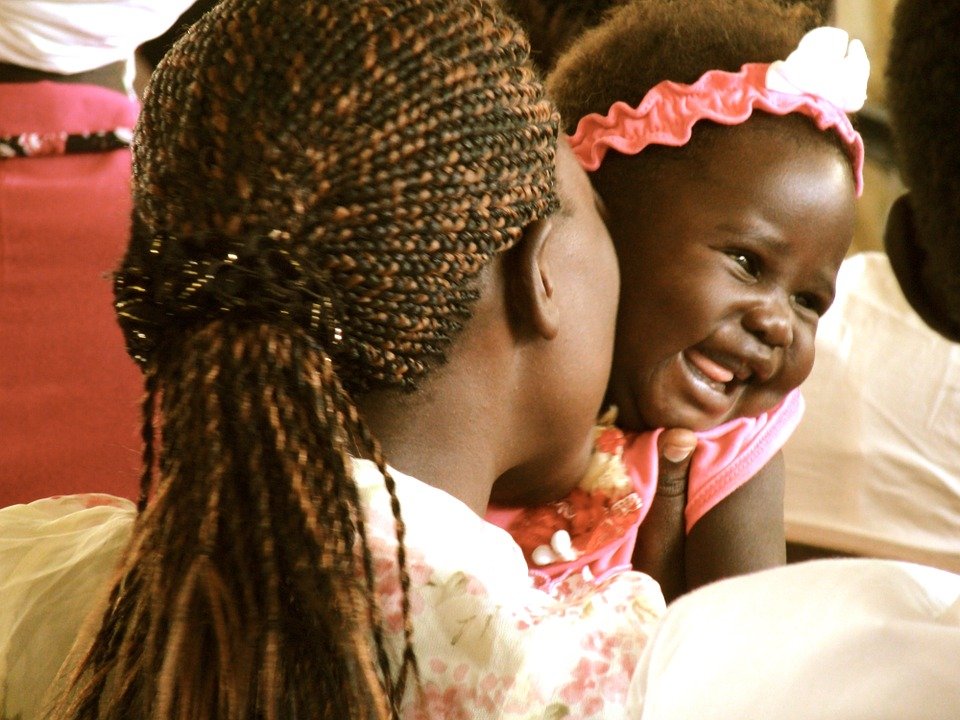June 16 every year is the Day of the African Child. It is celebrated to create awareness about the situation of and seek solutions to the challenges faced by the children of Africa.
Across the continent, events and commemoration are held to observe the day.
Here are five reasons to continue observing the Day of the African Child:
1. Soweto Uprising inspired the day

On 16 June 1976 high-school students in Soweto, South Africa, protested for better education. (Photo by Bongani Mnguni/City Press/Gallo Images/Getty Images)
The annual event honours the memories of students who were massacred in the Soweto Uprising in South Africa in 1976. They were protesting against education injustice and inequality in the apartheid regime.
The African Union declared the day of the African child in 1991 and it has since been observed annually to promote children’s rights and to honour the brave souls of Soweto.
2. Africa leads in the number of children out of school
In sub-Saharan Africa, over a fifth of children between the ages of 6-11 are out of school, followed by a third of youth between the ages of 12-14, according to UNESCO. Most of these children drop out of school to look for employment but the lack of skills make the venture tougher for them.
3. Child mortality is still high in Africa

According to UNICEF, 0f the 10 countries with the highest newborn mortality rates, eight are in sub-Saharan Africa. The Central African country leads with 42 in 1000 children dying before the end of their first month. It is followed by Somalia, Lesotho, Guinea-Bissau, South Sudan, Ivory Coast, Mali and Chad.
4. Harmful cultural practices still continue

Although Africa has made strides in the elimination of harmful cultural practices, these traditions still continue. Female genital mutilation, breast ironing, early marriages are just some of the harmful cultural traditions that put women and girls at risk.
5. The population of children in Africa is on the rise

According to UNICEF, the population of the African child will increase by 170 million between now and 2030. It, therefore, means that there is a need for investment in health care, education, and the protection and empowerment of women and girls to be able to accommodate the needs of the ever-increasing and dynamic population.





